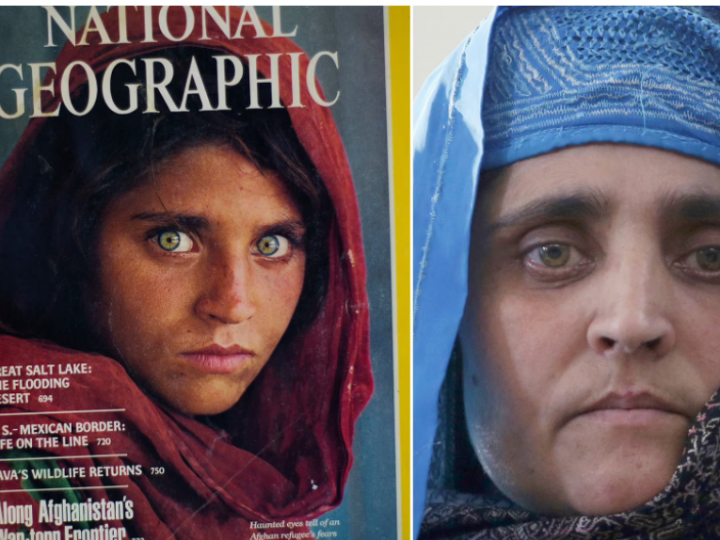M’sian-Born Journalist Snaps Pulitzer-Winning Photos Of Kabul’s Fall Despite Life-Threatening Risks
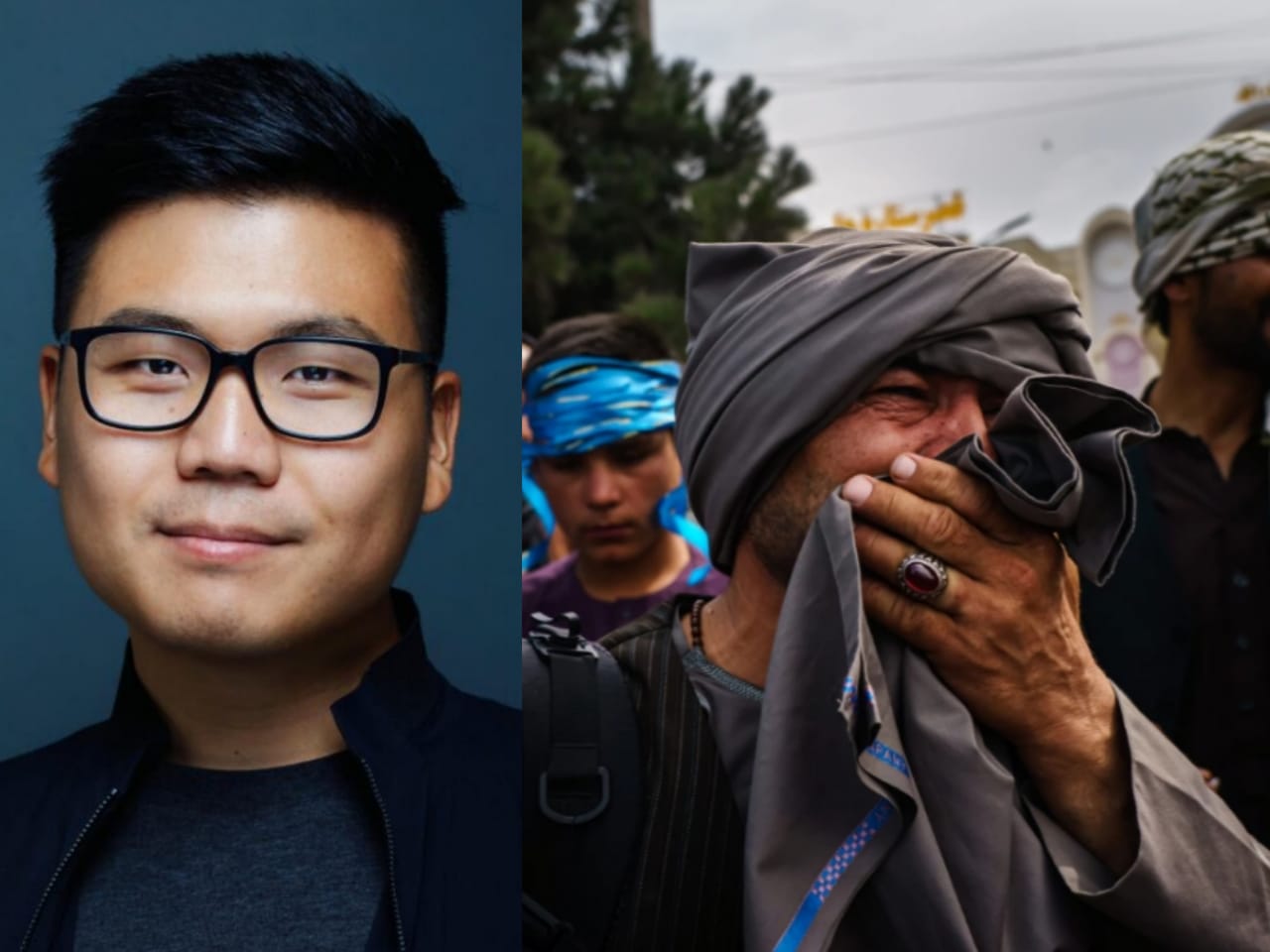 Thirsty for JUICE content? Quench your cravings on our Instagram, TikTok and WhatsApp
Thirsty for JUICE content? Quench your cravings on our Instagram, TikTok and WhatsApp

Malaysian-born Marcus Yam of the Los Angeles Times has been awarded the Pulitzer Prize for breaking news photography, granted to him for his shots of Kabul’s fall to the Taliban last year.
The award was presented to Yam for his “raw and urgent images of the US pullout from Afghanistan that highlighted the human costs of the momentous transition in the country,” as per the Los Angeles Times.
With meticulous earlier work in Afghanistan, Yam established the foundation for his depiction of the Taliban’s blitzkrieg conquest.
One journey into the nation with a writing partner yielded portraits of Afghans whose lives spanned the length of the conflict, young ladies who had never recognised the Taliban rule, and musicians who were facing a prohibition on the profession they valued.
Jet fighters circle the skies of #Kabul as the U.S. withdrawal concludes, and family members attending a mass funeral for the 10 they say were killed in a U.S. drone strike – look up and weep as the roar of the jet engines never ends. #afghanistanhttps://t.co/BxSHCpqqqr pic.twitter.com/7WxNRYgTU8
— Marcus Yam 文火 (@yamphoto) August 30, 2021
The Taliban’s quick approach and Yam’s intuition warned him that Kabul, the capital, would collapse quickly, in the summer of 2021. With only five minutes to spare, he grabbed his belongings within 20 minutes and traveled out of his temporary base in Lebanon.
Yam was able to shoot the photographs, despite the technical challenges of streaming photographs from a conflict zone and being ‘manhandled’ by one of the insurgents.
On Monday, the Los Angeles Times described Yam as a journalist with a warrior’s courage and a poet’s heart.
“Yam delivered pictures of an unspeakable tragedy,” said the site.
According to the judges, Yam earned the award for “raw and urgent photographs of the United States’ retreat from Afghanistan that depicted the human implications of the country’s historical transition.”
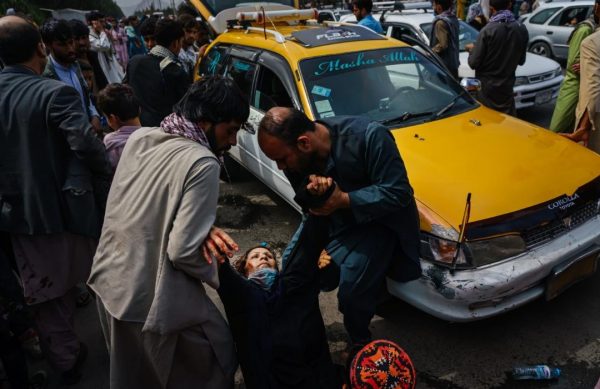
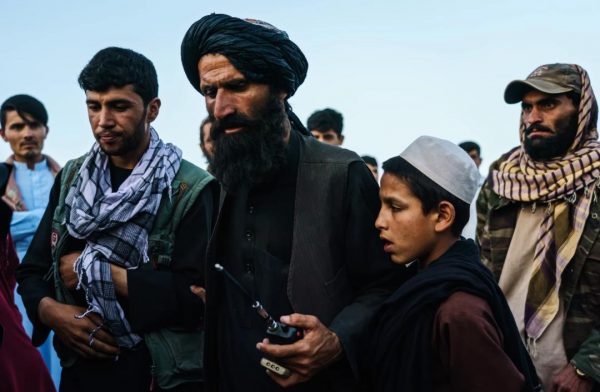

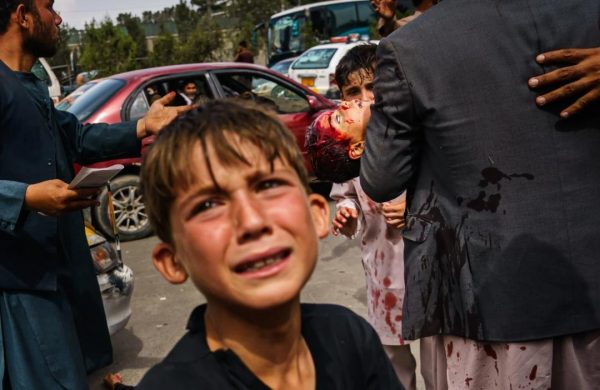
The award for breaking news photography was granted to him, as well four Getty Images photographers.
The four were awarded the Pulitzer Prize for their extensive photographs of the strike on the US Capitol on January 6, 2021.
Yam’s editors stated the journalist captured situations that characterised the tumultuous end of the United States’ 20-year occupation of Afghanistan with “almost radical open-mindedness.”
The 38-year-old’s award for breaking news was The Times’ 49th Pulitzer Prize since 1942, including six gold medals for public service.
Of Yam’s victory, Times owner and executive chairman Dr Patrick Soon-Shiong stated, “You were out there doing incredible things, and what you did with photography and photos was so significant for the world that the word genocide needed to be said.”
Yam was born and raised in Kuala Lumpur. After ending a career in aerospace engineering, he became a photographer, until joining the Times in 2014.
He has won an Emmy Award for news and documentary photography, a World Press Photo Award, a Dart Award for Trauma Coverage, a Scripps Howard Visual Journalism Award, and Picture of the Year International’s Newspaper Photographer of the Year Award, among many others.
Last year, Marcus Yam published an article describing a horrific encounter with Taliban fighters. The interaction turned slightly comical as it unfolded, demonstrating the Taliban’s fumbling attempts to persuade the West that it had reformed.
“Once the Taliban soldier was made to understand who I was, he apologized profusely for our troubles, but not for beating us. They became solicitous; we were each brought a bottle of cold water and a can of Monster Energy drink, a favourite of the U.S. soldiers who controlled the city until a few days before,” noted Yam.
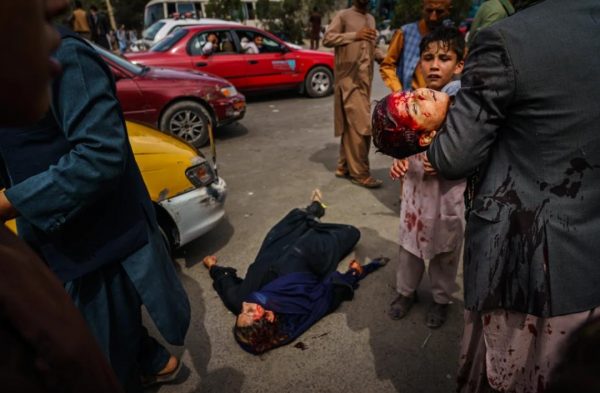
The Afghan government deserted the country just as US forces began to exit, leaving the Taliban with practically no opposition. The Taliban then insisted that it had changed, that anyone who wishes to leave the nation can do so, and pledged to protect women’s rights within the group’s Islamic constraints.
Yam’s experience appeared to show that, for the time being, the Taliban is anxious to convey the impression that it is keeping its promises – despite the violent attacks.
If such vows are fulfilled, it will be a far cry from the Taliban’s previous reign in Afghanistan, which was marked by harsh oppression of women, rapes and forced marriages, mass murders, and the harbouring of terrorists.


 Get Audio+
Get Audio+ Hot FM
Hot FM Kool 101
Kool 101 Eight FM
Eight FM Fly FM
Fly FM Molek FM
Molek FM

